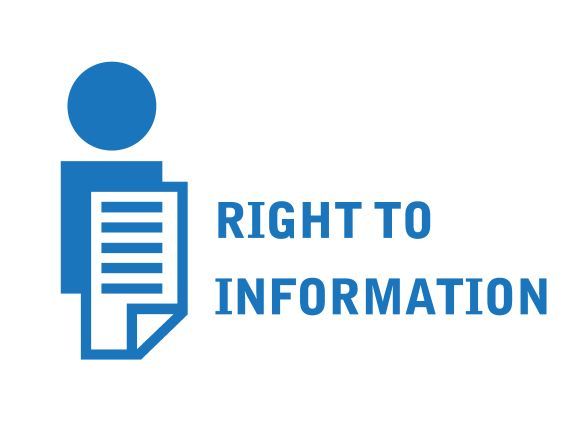 The government on Friday defended its decision to amend the Right To Information Act to keep political parties out of the purview of the ombudsman, saying they are not "public authorities" but voluntary association of people.
The government on Friday defended its decision to amend the Right To Information Act to keep political parties out of the purview of the ombudsman, saying they are not "public authorities" but voluntary association of people.
The Cabinet had approved two amendments to the RTI Act on Thursday to thwart an order of the Central information Commission that political parties should come within the ambit of this law.
Justifying this step, Law Minister Kapil Sibal told media persons, "Political parties are not public authorities. A political party is a voluntary association of persons. People can join or leave a party. We get elected. We are not appointed like officials."
The Cabinet has approved an amendment to Section 2(h) of the Act on the grounds that political parties are not public authorities and, hence, this law does not apply to them.
Sibal said political parties are only registered and recognised under the Representation of the People Act, 1951. "Political parties will not be able to function (if they are brought within RTI. We will not be able to open our minds within our party," he said.
The minister maintained that if political parties are brought under the purview of the Act, they will be flooded with applications seeking information about candidate selection, who dissented or differed on which decision and other such sensitive details.
"The information commissioners have held that we are an authority just because we are substantially funded. This premise, according to all political parties is flawed. While we respect the Commission, we are also somewhat concerned," Sibal said.
Accepting that more needs to be done to bring about transparency in the functioning of political parties, he indicated that it could not be through RTI. Asked why the government had not gone to court against the CIC order and instead decided to amend the law, Sibal said since the CIC order is operative, this was a "matter of urgency".
Therefore, the government is planning to move a bill to overturn the order, he said.











 © 2025
© 2025